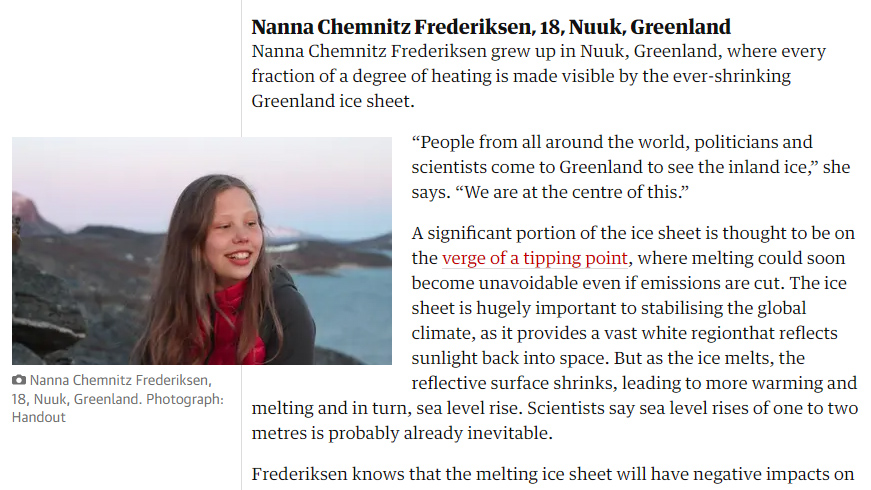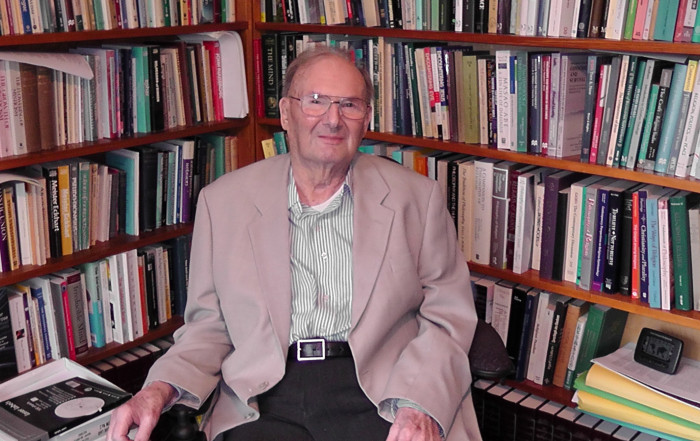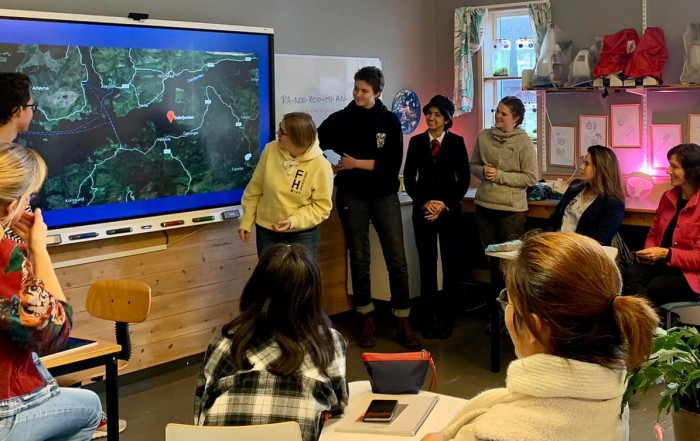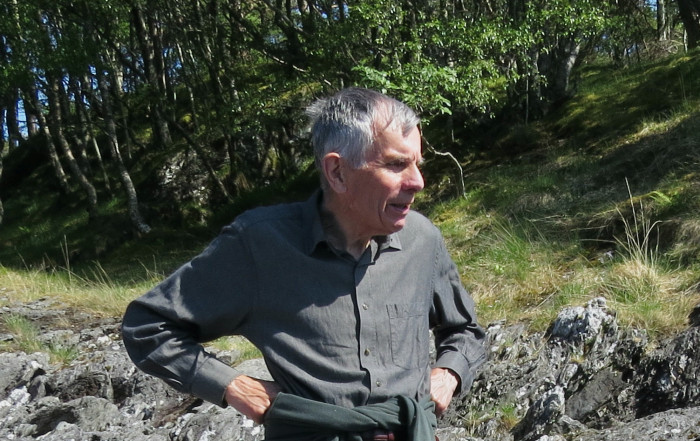“People from all around the world, politicians and scientists come to Greenland to see the inland ice,” she says. “We are at the centre of this.”
A significant portion of the ice sheet is thought to be on the verge of a tipping point, where melting could soon become unavoidable even if emissions are cut. The ice sheet is hugely important to stabilizing the global climate, as it provides a vast white region that reflects sunlight back into space. But as the ice melts, the reflective surface shrinks, leading to more warming and melting and in turn, sea level rise. Scientists say sea level rises of one to two metres is probably already inevitable.
Frederiksen knows that the melting ice sheet will have negative impacts on communities across Greenland, especially in northern settlements such as Qaanaaq where permafrost melting is destabilizing homes and roads and impacting how fishers and hunters operate.
But her real concern lies on the impact it will have globally. “I am not so scared of what the effects of the melting of ice in Greenland will be,” Frederiksen says, “It scares me what effect it can have for the rest of the world.”
Latest News
John Hick Centenary Conference at RCN in 2022
Next year, between the 7th and the 13th of March, UWC Red Cross Nordic will host the John Hick Centenary Conference. This conference will focus on creating opportunities for interreligious dialogue and intercultural understanding. [...]
From Burning Platform to Burning Desire
On Nov 24th we received a visit from Kimberly Mathisen, outgoing CEO of Microsoft Norway and becoming CEO of C4IR . The day was filled with discussions centered around the role data/ technology can [...]
Alan Hall: 1938-2021
It is with great sadness we received the news of the death of Alan Hall. Alan dedicated his whole professional life to the UWC, being the longest serving teacher at UWC Atlantic College [...]




